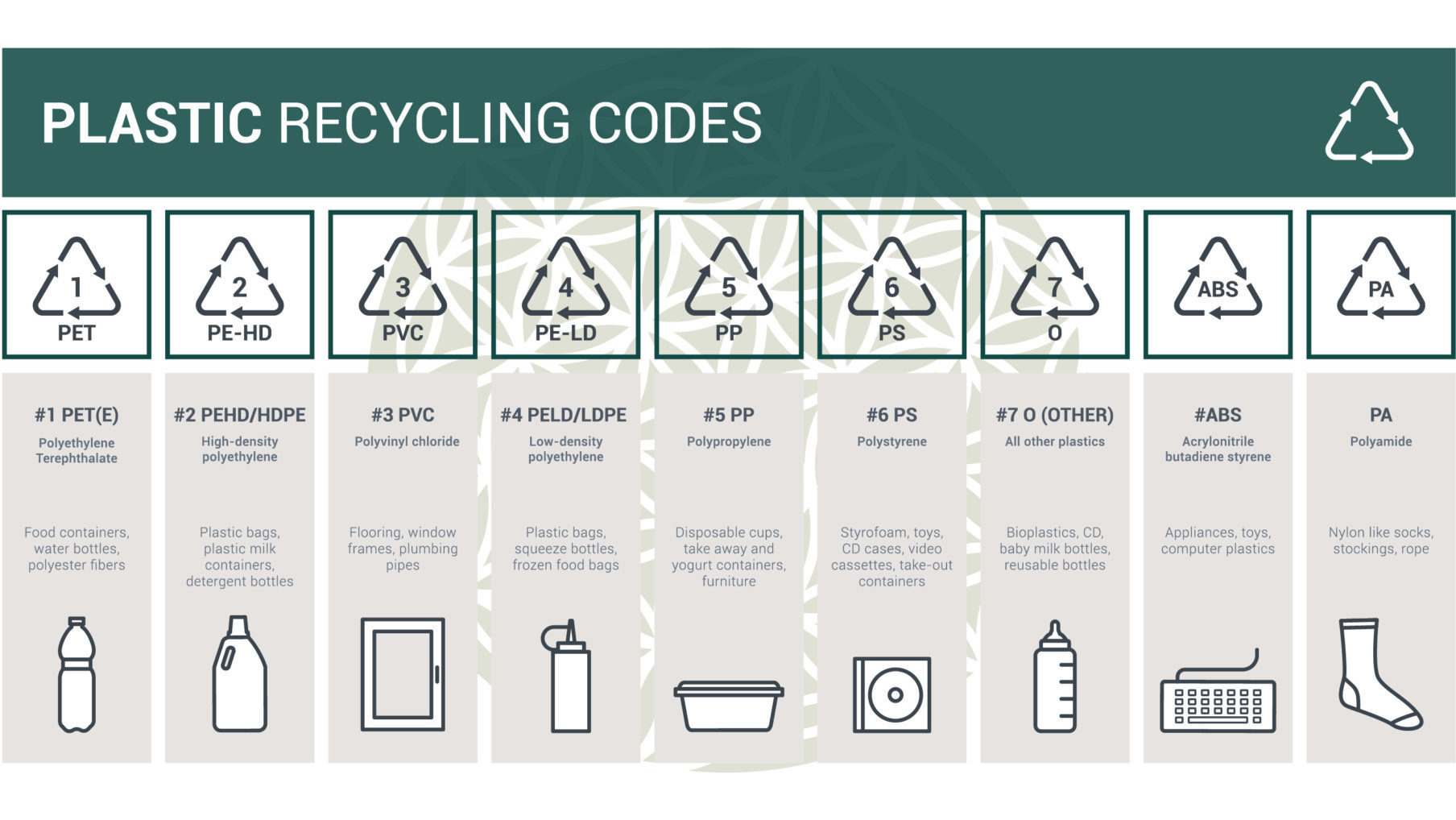Plastic seems to have overtaken our homes. From our bathroom to our kitchen, it’s everywhere – our vegetables are wrapped in it, our shampoo comes in a plastic bottle and even our clothing is increasingly being made from fibres derived from plastic.
This alarming increase in our dependence on plastic, which occurred largely in the past several decades, has many different consequences on our planet, as well as our health.
The Problems with Plastic Recycling
Recycling may seem like the miracle solution to plastic pollution, but it truly is far from being that. Only a few types of plastics can be recycled and even those that can usually only go through the process once. This has led to the staggeringly low recycling rate of 9% throughout the history of the use of the material.

It Never Goes Away
You may have heard before that certain plastic items take 100 or 1,000 years to decompose – but that’s not quite accurate. These numbers generally refer to how long it takes for a plastic item to breakdown into microplastics which are invisible to the naked eye; however, even at this point, the plastic debris still lingers in the environment.
That’s because plastic never truly decomposes. Instead of becoming one with the earth like other materials, such as paper or food waste, plastic falls apart into smaller plastic particles called microplastics. These pose a series of different dangers to the environment and our health.
The Dangers of Microplastics
Microplastics and nanoplastics are being released from a variety of sources other than plastic left in a landfill. They are contained in some cosmetics, released into bottled water from plastic water bottles and even shed into greywater whenever synthetic clothing is washed. All this debris ends up polluting the oceans and extending their reach to even the most remote places on earth.
In the sea, these small particles can be ingested by marine organisms. Small animals can have their digestive tracts blocked by them, leading to the sensation that they are full when in reality, they are starving and dying. Travelling up the food chain, these microscopic plastic particles can make their way onto our plates and they’re even contained in our tap water.
The field of microplastics remains heavily under-researched, especially when it comes to how they affect human health. It is alarming that we continue consuming these microscopic particles on a daily basis, knowing very little about how it affects our health.
Over the recent years, there has been an influx of bioplastics. Are bioplastics the answer to end plastic pollution? NO! Absolutely not! While we will be covering this topic in a separate blog post – at Hybrid Hippie, we believe that bioplastics are no better than the traditional plastic, particularly because not many cities have facilities that are equipped with conditions that are required for these bio-based plastics to degrade.
